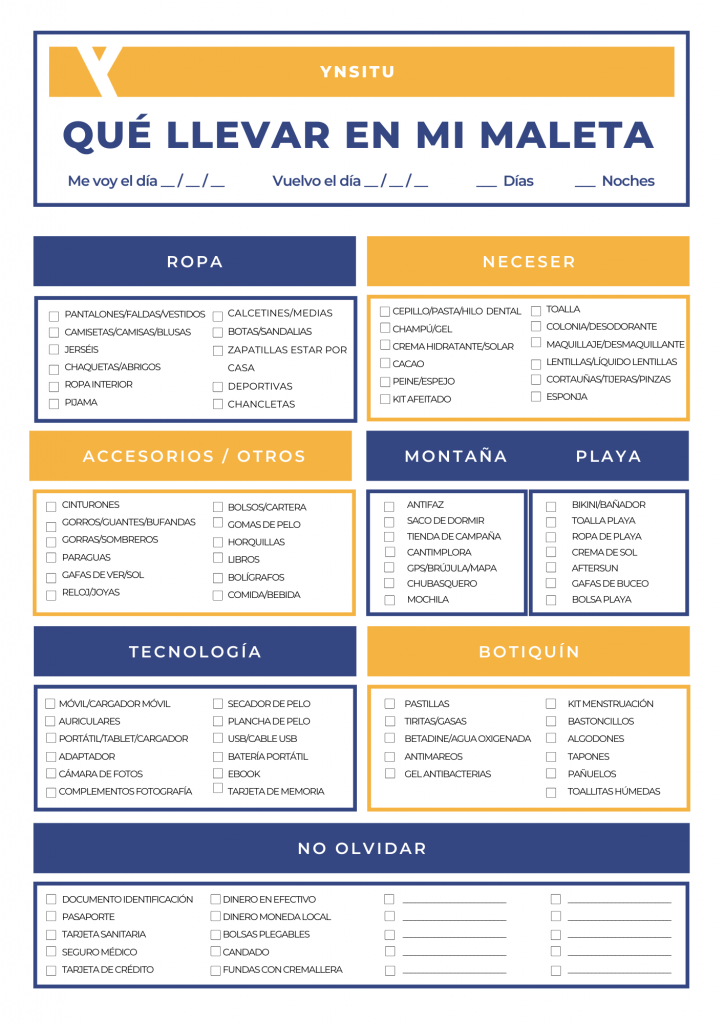
AIDAN O SHEA, OWNER OF THE LINGUAVIVA CENTRE
Why would a student choose their school?
We are a Quality English (QE) school who have been teaching students in Dublin since 1977. Our focus is providing a personal and professional service to each and every student. As we are independently owned and operated, we pride ourselves on being able to cater for students with differing needs and aspirations. Each student’s learning journey is unique, and each learner has personal motivations for improving their language ability.
We take learning seriously and focus on supporting, guiding and pushing our students to reach their learning goals. With small class sizes and a highly-experienced teaching team, we aim to provide students with everything they need to attain their language objectives.
In your opinion, what are the main benefits for a student to study abroad?
Studying abroad offers students an opportunity to immerse themselves in their target language, and immediately apply lessons learnt in the classroom to real-life situations. Language and culture are inextricably mixed, meaning that as students understand more of a nation’s culture, their appreciation of its vocabulary and grammar is also increased.
Studying abroad also offers students the opportunity to learn more about themselves. The life skills and interpersonal skills developed on a study abroad programme stay with learners for life. In an ever globalised world, intercultural competence is a transferable skill that is applicable in a range of industries.
How do you see the future of language tourism?
I see language tourism heading toward a mixture of blended programmes alongside real-world experiences. The pandemic has seen massive progression in online learning and I see elements of this staying with us as we exit the COVID era. However, e-learning platforms, pre and post programme links with language schools, and online assessment are all great additions to future face-to-face programmes.
I also see students looking at programmes which enhance experience and run alongside developing other skills. More than ever, learners are looking for practical opportunities to engage and develop their language in real world settings.
What types of courses do you think will be the most sought after in the future?
I can see flipped and blended learning programmes developing in the future as learners and teachers have become more adept at online learning opportunities.
I also see courses which merge language learning alongside the development of another skill (social media marketing, game design etc.) gaining in demand as students seek to see the practical applications of both skills.
THE SCHOOL

Name of School
Country/City
Ireland, Dublin
The most significant things the school can offer
Linguaviva is a boutique language school aimed at those who are serious about improving their English.
We offer an individual learning plan (IDP) to all students stating the exact content and progress we project them to make during their programme. We offer small class sizes, average 8-10 per class in Dublin’s oldest language school, where we blend the best in traditional teaching methods with e-learning support and cutting edge in-class technology.
We offer a broad range of accommodation options from 5* hotel to hostel, as well as traditional host families and student accommodation.
Types of courses taught at school
General English
Professional English
Teacher Training
Academic Year
Exam preparation (IELTS, BEC, TIE)
Group Programmes
Attractions around the school and in the city in general
We are located in the centre of Dublin city and a 10 minute walk from its main shopping area, Grafton Street. Dublin is famous for its literary culture and famous nightlife, all of which are easily accessible from our Georgian era campus.
The world famous Guinness Storehouse and Europe’s largest enclosed park, The Phoenix Park.
Dublin is well served by public transport and there a re numerous scenic seaside villages around Dublin that can be reached in 20 minutes by train.
There is a vibrant live music and sporting scene in Dublin with concerts, gigs and matches taking place throughout the year.





